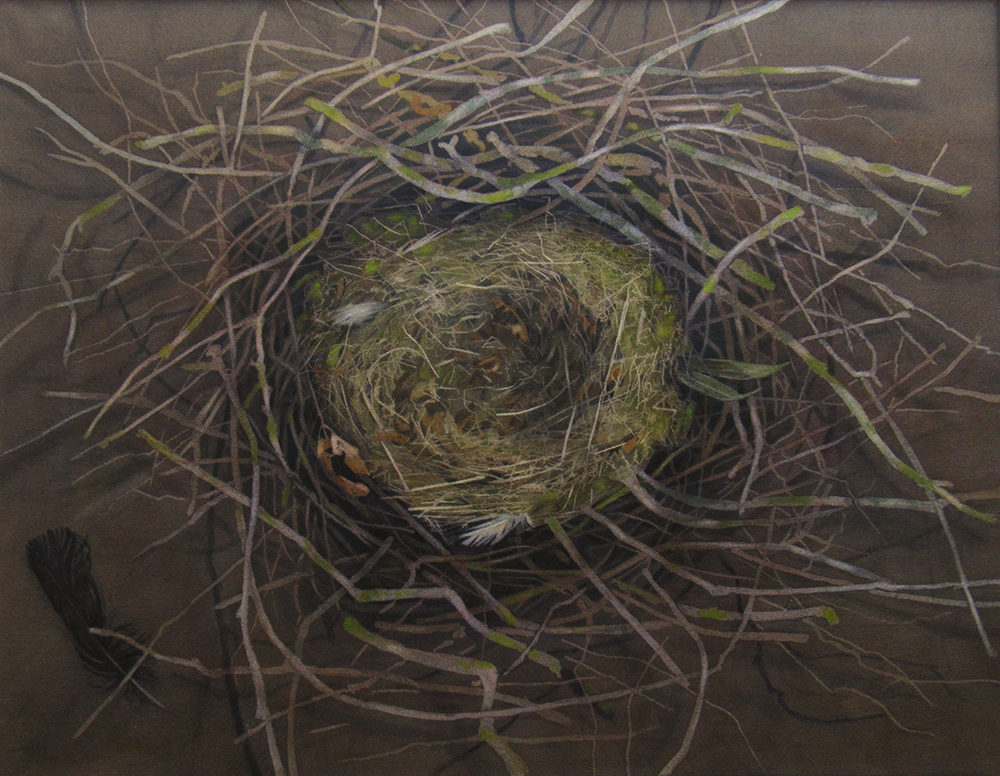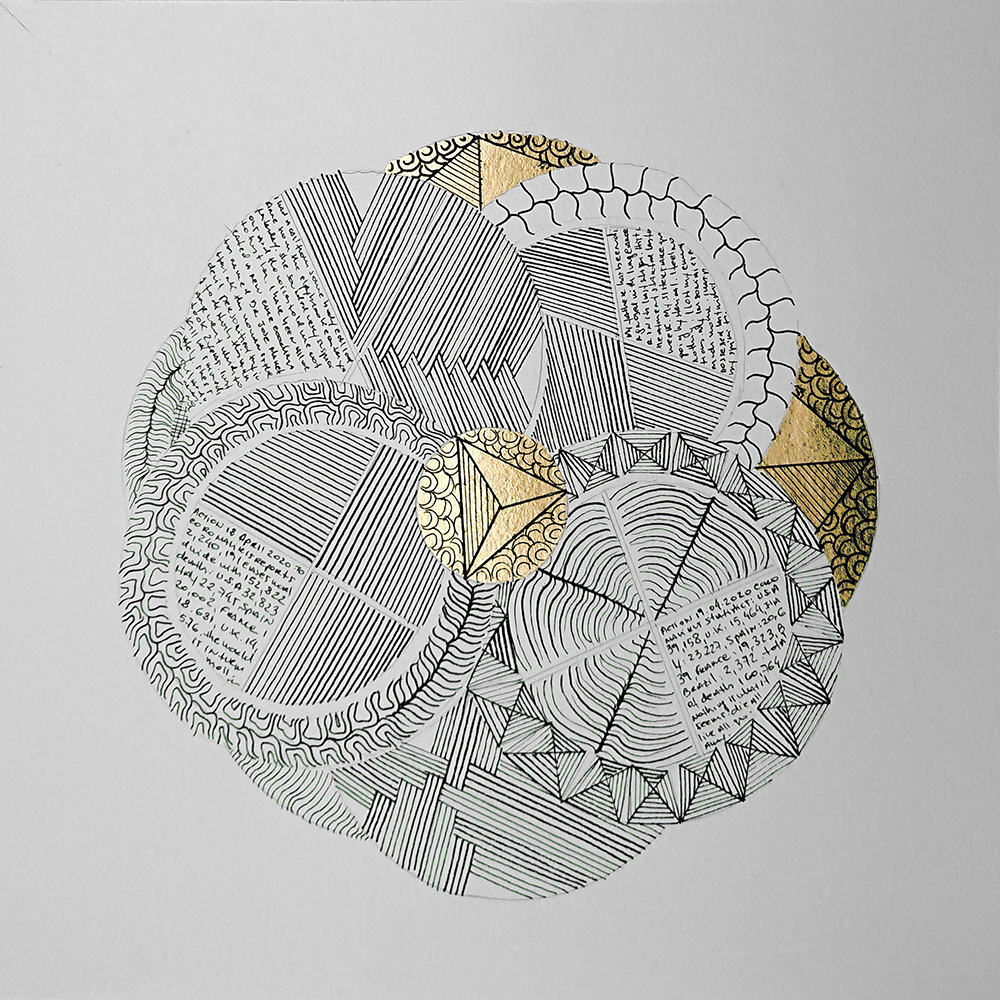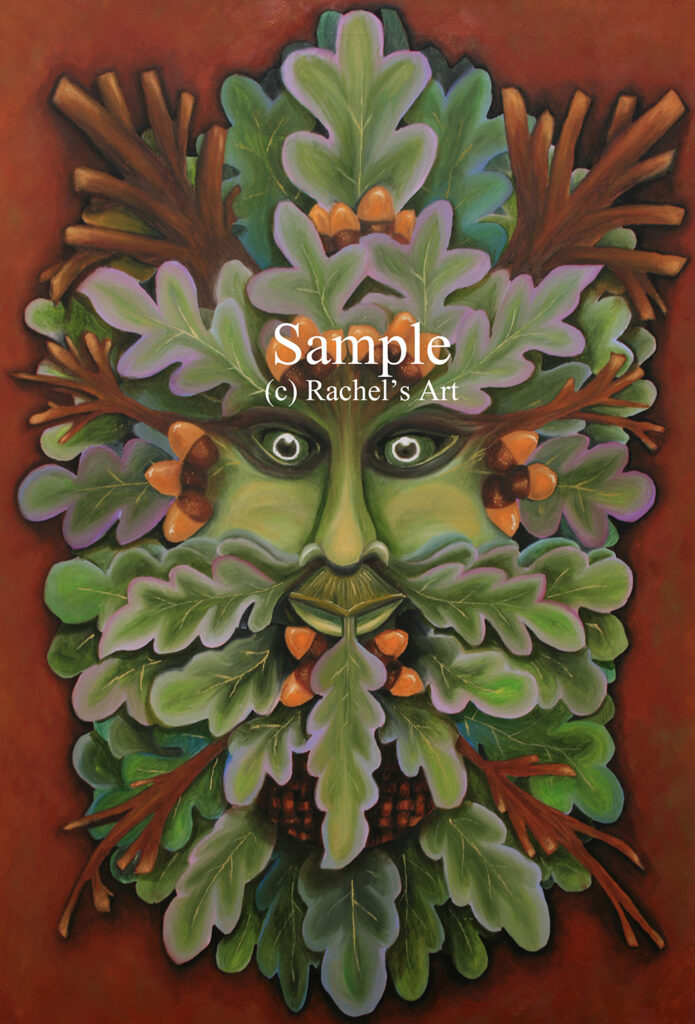Check out this Lockdown Beautiful Stuff from Lillias August.

Lockdown Beautiful Stuff! Have you done a painting, taken a photo or made any other beautiful stuff as a result of having to self-isolate at home? Please send us a photo and two lines of text indicating the why of it and what it means to you. We guarantee to publish it on Talking Beautiful Stuff in the weeks to come. Thank you!


